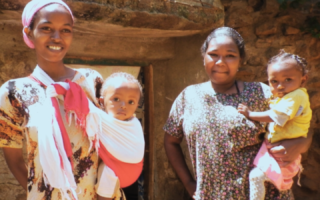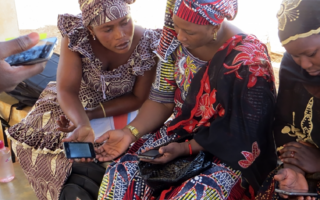
As an evaluation partner of the Healthy Women, Healthy Families project in urban areas of Gazipur City Corporation, Bangladesh, the Council is conducting operations research. This study aims to assess the impact of a person-centered group antenatal and postnatal care (ANC-PNC) model in improving quality and use of MNCH-FP services among first-time young mothers (15–24 years) and their husbands.
Why it Matters: Bangladesh has made significant progress in improving MNCH and FP outcomes. However, maternal and neonatal mortality remain elevated. Bangladesh has the highest adolescent fertility rate in Asia, as women marry and begin bearing children early. Therefore, programs targeting young women and their partners are necessary to improve these outcomes.
The Approach: This study will span from July 2021 to February 2024.
What we are doing:
- Monitoring the Healthy Women, Healthy Families intervention, which consists of five group ANC sessions and two group PNC sessions over the course of a woman’s pregnancy, with three group sessions for husbands. Each session targets 5-6 participants and disseminates information and messaging related to pregnancy, delivery, and the postnatal period.
- Performing a quasi-experimental pretest–posttest control group study using both quantitative and qualitative data collection methods.
The Big Picture:
- Results will be shared with policymakers, program managers, researchers, development partners, municipalities, and non-governmental organizations (NGOs) to advocate for evidence-based MNCH service improvements.
Partners:
Funders:




